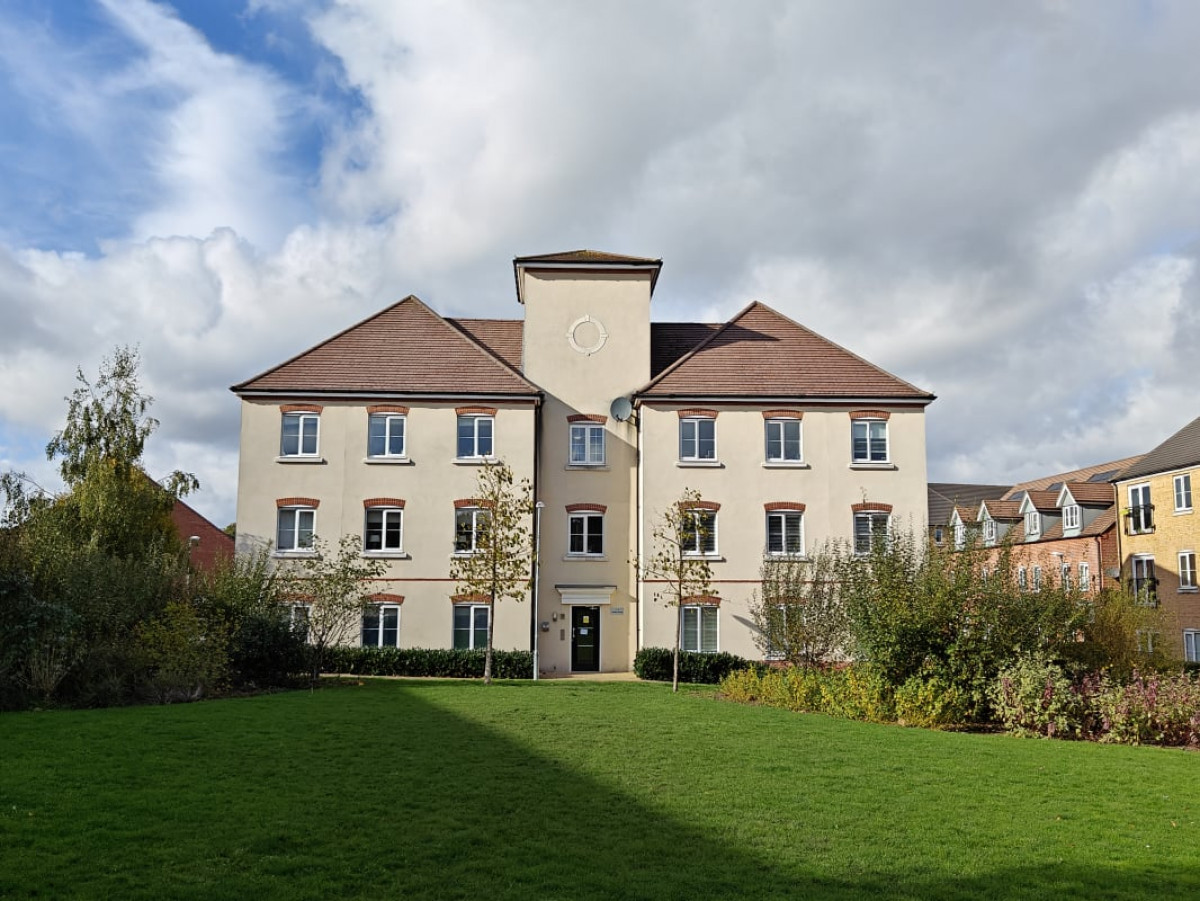Sustainable Heating Options for Modern Homes

As homeowners in the UK face the double-edged sword of climate change and increased energy costs, the need for sustainable heating options has never been more pressing. Traditional heating systems, while effective to an extent, often come with a hefty environmental price tag and increasing operational costs. But there are alternatives we can look to, to reduce our carbon footprint, benefit from potential cost savings and even boost the value of our homes on the property market.
Eco-friendly Heating Alternatives
Electric Fireplaces
Electric fireplaces have emerged as a popular, eco-friendly alternative to traditional wood-burning or gas fireplaces, providing the same level of cosy warmth and ambiance without the environmental cost. As the name suggests, they use electricity to power the heating elements and many incorporate realistic flame effects for aesthetic appeal. The key advantage of electric fireplaces lies in their energy efficiency—they convert nearly all the electricity they use into heat, with minimal energy loss.
What's more, when paired with renewable energy sources like solar panels, electric fireplaces can provide truly carbon-neutral heating. Another benefit is that they offer unparalleled convenience, requiring no fuel storage, chimney cleaning, or complex installation to worry about. With a wide range of designs available, from sleek wall-mounted units to traditional mantel-style fireplaces, they can complement any home decor while providing efficient, localised heating.
Heat Pumps
Heat pumps are quickly gaining on solar panels as one of the more popular renewable energy options for homeowners. They operate on a simple yet ingenious principle: instead of generating heat, they move it from one place to another. There are two main types to choose between: air-source heat pumps, which extract heat from the outside air, and ground-source (also known as geothermal) heat pumps, which draw heat from the ground.
In heating mode, a heat pump works like a refrigerator in reverse, using a small amount of electricity to move a large amount of heat from the outside environment into the home. This process can be remarkably efficient, with some models capable of producing 3-4 units of heat for every unit of electricity consumed. While the efficiency of air-source heat pumps can be lower in extremely cold climates, advancements in the technology have made them viable in a wider range of conditions.
Biomass Boilers
Biomass boilers harness the energy stored in organic materials to produce heat. They typically burn wood pellets, chips, or logs to produce heat for homes—the carbon dioxide released when burning the fuel is balanced by the carbon dioxide absorbed by the plants during their growth, making it theoretically carbon-neutral. Modern biomass boilers are highly efficient, with some models achieving over 90% efficiency, and they can be used to both heat entire homes and provide hot water, much like traditional boiler systems.
Fuel for biomass boilers can often be sourced locally too, which supports rural economies and reduces the transportation emissions. However, it's important to consider the sustainability of the fuel source—ideally, it should come from waste wood or sustainably managed forests. While biomass boilers tend to require more space for fuel storage and more frequent maintenance compared to other heating options, they can offer significant cost savings, especially in areas off the gas grid.
Benefits of Choosing Sustainable Heating
Reduced Carbon Emissions
One of the primary advantages of sustainable heating options is their significantly lower carbon footprint compared to traditional systems. Electric fireplaces, for example, when powered by renewable energy, produce virtually no direct emissions. Similarly, as we've already highlighted, heat pumps have an operational efficiency rate of up to 400%. Even biomass boilers, which do emit carbon dioxide, are considered carbon-neutral when fuelled by sustainably sourced biomass. Ultimately, the long-term environmental impact of switching to these systems can be substantial.
Energy Efficiency
Designed for this very purpose, sustainable heating options offer greater energy efficiency compared to conventional systems. So, you can enjoy the same level of heating comfort while consuming less energy. This improved efficiency not only reduces energy consumption but also leads to better heating performance, providing more consistent and controllable warmth throughout the home.
Cost Savings
While sustainable heating systems often require a higher initial investment, they can offer substantial cost savings over time which makes them an attractive option if you know you won't be looking to sell the property any time soon. The exact savings depend on factors such as local energy prices, climate, and the specific system chosen. However, many homeowners find that the reduced energy consumption translates to lower monthly bills. There are also incentives, tax rebates, or low-interest loans available to encourage the adoption of eco-friendly heating systems, which can significantly offset the initial installation costs.
What's the Impact on Property Value?
Investing in sustainable heating options can have a positive impact on the value of a home, whether you're looking to sell or you want to rent it out for an income. As energy efficiency and environmental considerations become increasingly important to homebuyers and tenants alike, properties equipped with eco-friendly heating systems are typically seen as more desirable. This can translate into higher property values, faster sales and minimised void periods for landlords.
As governments worldwide implement stricter energy regulations for buildings in order to meet climate targets, homes with sustainable heating systems are also essentially future-proofed against potential mandatory upgrades. This forward-thinking approach adds immediate value and also ensures the property remains compliant and attractive in an evolving property market.
The transition to sustainable heating options represents a significant opportunity for homeowners to reduce their environmental impact, lower energy costs, and increase the value of their property all at the same time. While the initial investment may be higher than traditional systems, the long-term benefits—both financial and environmental—make them an attractive choice for modern homes.
Image is from a stunning apartment in Audley House, Chislehurst. Available for sale October 2024. For the full listing please click here

Selling This Spring? Here’s How to Get Ahead of the Competition
26.02.2026Spring is one of the busiest times to sell, but more listings mean more competition. Here’s how to price, photograph and position your home to stand out and secure early offers.
.png)
5 Costly Mistakes Landlords Are Making in 2026 - And How to Avoid Them
23.02.2026The rental market is evolving fast. From compliance to pricing and ownership structure, here are five costly mistakes landlords are still making - and how to avoid them.

Why Tenant Referencing Matters More Than Ever When Letting a Property
19.02.2026A practical landlord guide to tenant referencing, Section 21 changes, court delays, and why rent guarantee insurance adds peace of mind.
.png)
Sell or Let Your Property Yourself – Why More UK Homeowners Are Choosing to Go Online
03.02.2026Selling or letting a property no longer has to mean handing over thousands of pounds to a traditional estate agent.
.png)
Before You List: Watch Emoov’s Top Tips for Home Sellers
20.01.2026Thinking about selling your home? Before you list, it’s worth taking a few minutes to watch this short video from emoov, where we break down the key steps every seller should take before going live online.

Why 2026 Could Be the Smartest Year Yet to Grow Your Rental Portfolio
15.01.2026Thinking of growing your rental portfolio this year? You're not alone. New data shows that rental yields are climbing across the UK, with smart landlords expanding through limited companies, targeting high-performing regions, and refinancing to reinvest.









